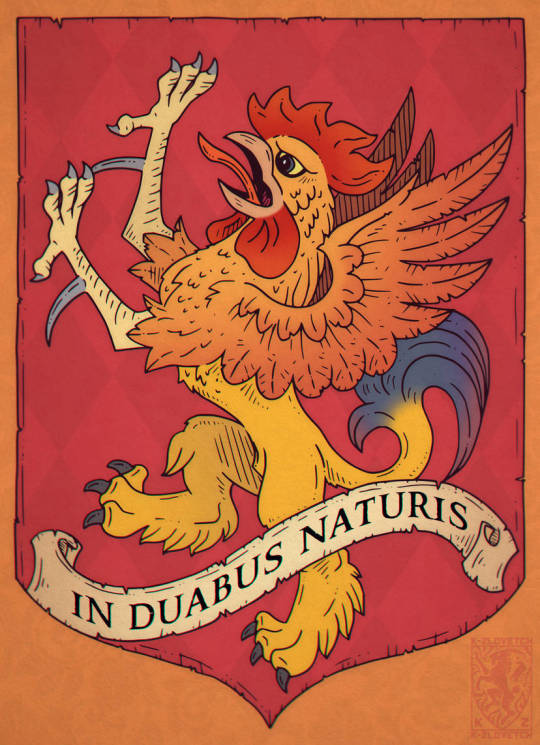#Armoiries
Explore tagged Tumblr posts
Text
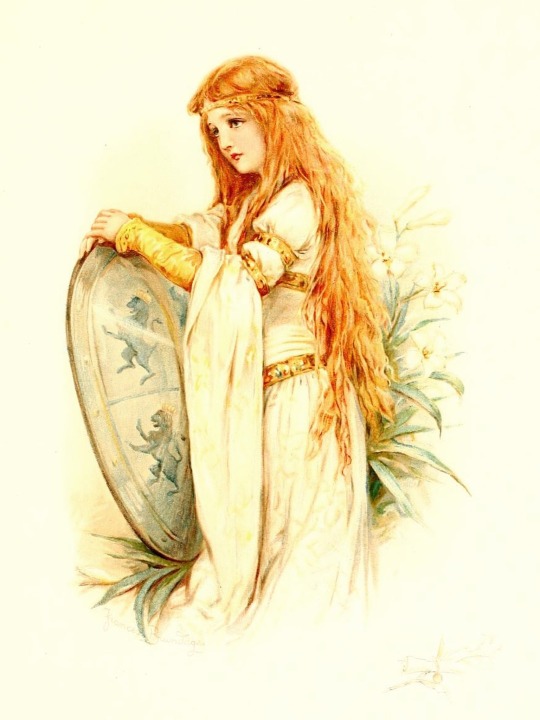
Tales from Tennyson told by Nora Chesson
Source : archive.org
1900
Artist : Frances Brundage
The Lily Maid
#alfred lord tennyson#alfred tennyson#1800#the lily maid#lilies#lily#maid#arthurian legend#arthurian mythology#arthurian literature#children's literature#children's books#vintage illustration#old illustration#shield#bouclier#écu#lady#middle age#moyen âge#medieval#white flowers#flowers#lion#armoiries#crest#lis#lys#frances brundage
252 notes
·
View notes
Text

Nation, Base d’une colonne de la barrière de Claude-Nicolas Ledoux, avenue du Trône, côté 11e arrondissement – pierre noire sur bristol, carnet nº 106, 2015.
À la mémoire de mon ami Sylvain Courbon, décédé le 24 novembre 2010.
#2015#nation#barriere du trone#avenue du trone#paris#11e#claude nicolas ledoux#ledoux#armoiries#monument#passants#couple#marche#carnet 106#pierre noire#24 novembre
21 notes
·
View notes
Text

Yo, it's been a while since I had the idea to make the Unos/Wigglestein a coat of arms and I finally made one!
I went with a simple design and only two different symbols because there's no need to do complicated. A dragon and a flame had to be on it with obviously the main colours of red and black.
#knd#kids next door#cknd#codename: kids next door#knd headcanon#knd headcanons#coat of arms#uno family#héraldique#armoiries
13 notes
·
View notes
Photo
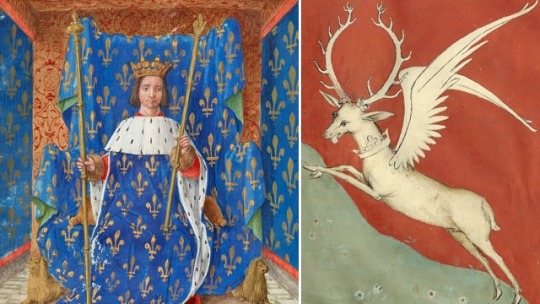
ANECDOTE | Charles VI adopte les cerfs ailés comme supports de ses armoiries ➽ https://bit.ly/CharlesVI-Armoiries-Cerfs Singulières furent les armoiries de Charles VI, qui fit du cerf ailé ou « cerf volant » son emblème de prédilection, non pas d’après l’histoire du cerf trouvé dans la forêt de Senlis qui a tout l’air d’une vision et d’un conte fait à plaisir, mais à la suite d’un songe, seuls Charles VII, Louis XII et François Ier semblant avoir adopté à sa suite ces mêmes supports #roi #Charles VI
8 notes
·
View notes
Text
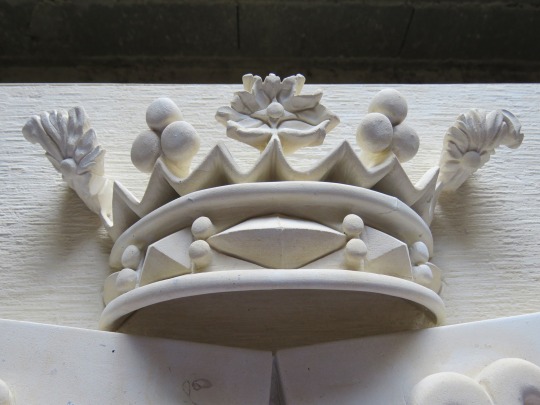
2 notes
·
View notes
Text
#Élégance intemporelle#Chevalière#Symboles de noblesse#Raffinement#Tradition#Modernité#Symboles emblématiques#Armoiries#Initiales#Motifs gravés#Grandeur#Héritage historique#Qualité supérieure#Or#Argent#Platine#Luxe incomparable#Statut#Accessoire de mode sophistiqué#Déclaration de style intemporelle#bague napoleon#chevaliere napoleon
0 notes
Video
Monflanquin, les Médiévales par brigitte lagravaire Via Flickr : 2015-08-16-drapo (102c)
#fanfare#clairon#musique#instrument de musique#trompette#fanion#drapeau#Moyen-Age#médiéval#Aquitaine#deux#France#Monflanquin#Lot-et-Garonne#Guyenne#Quercy Blanc#BLALB#LCOB#armoiries#France Sud-Ouest#20150816#TUMBLR#flickr
0 notes
Photo
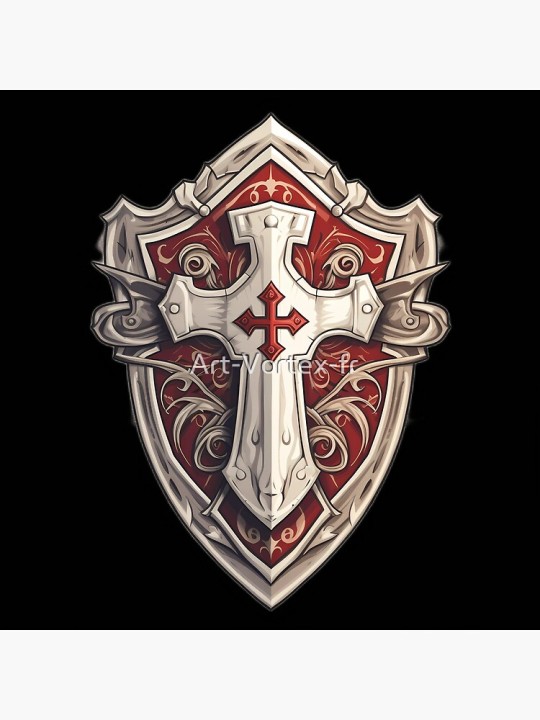
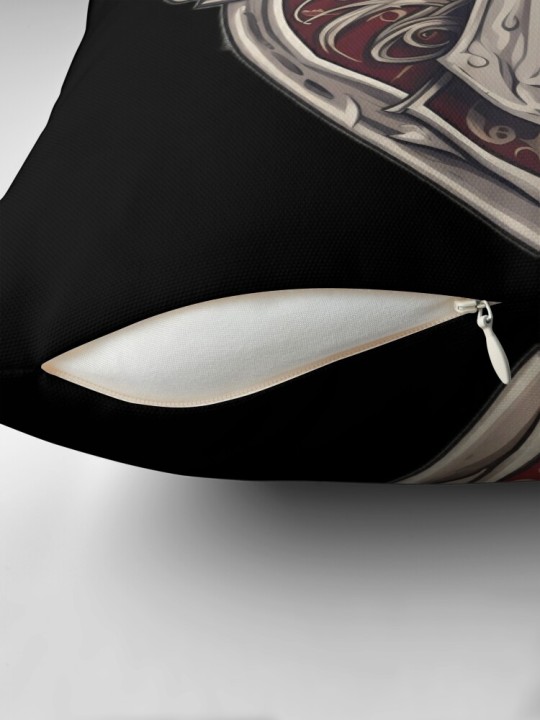
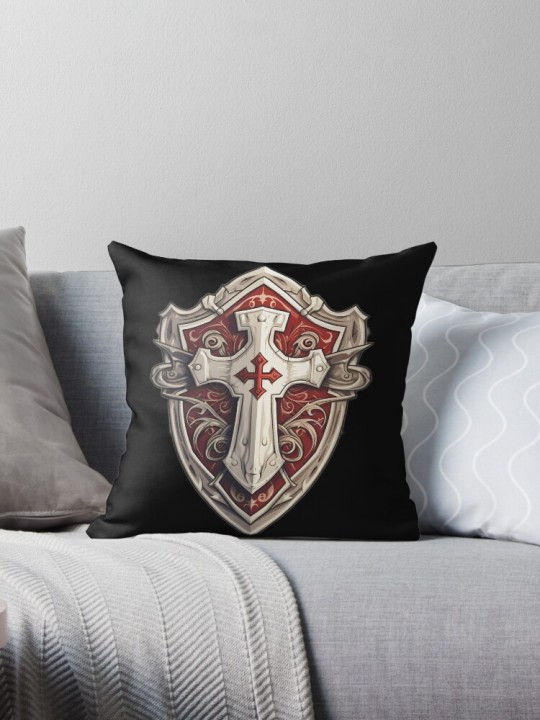
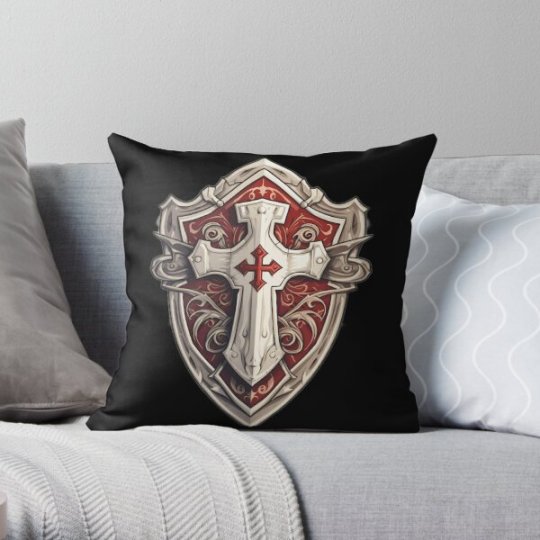
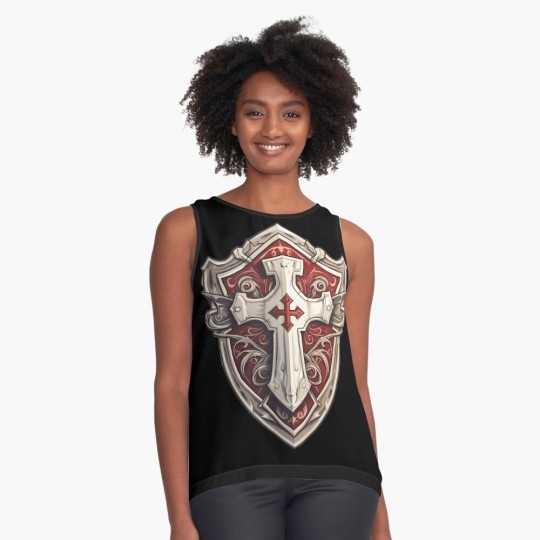
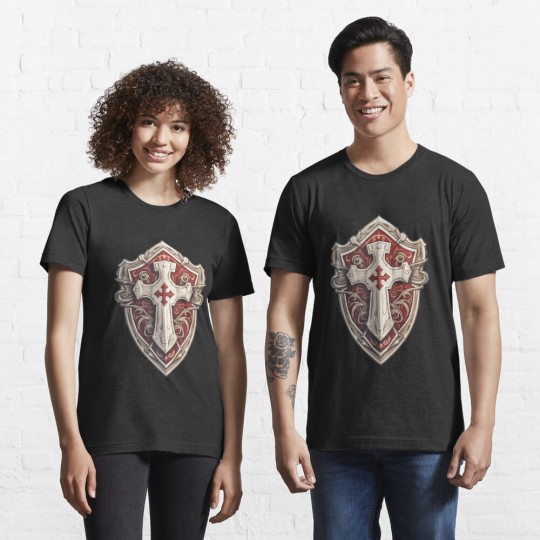
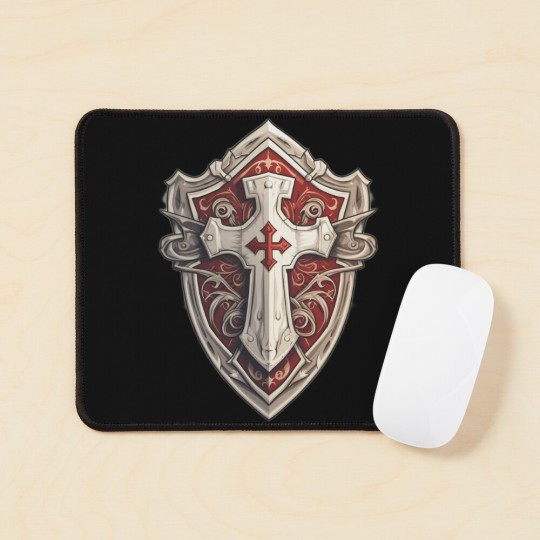
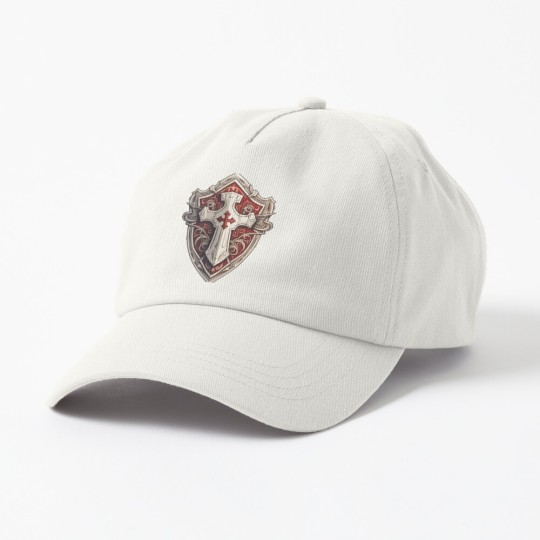
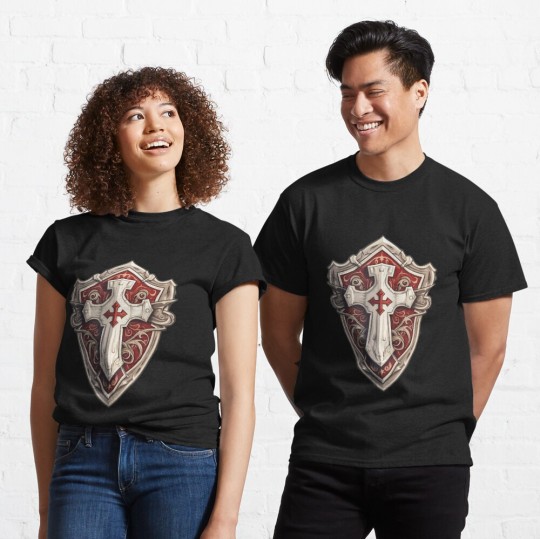
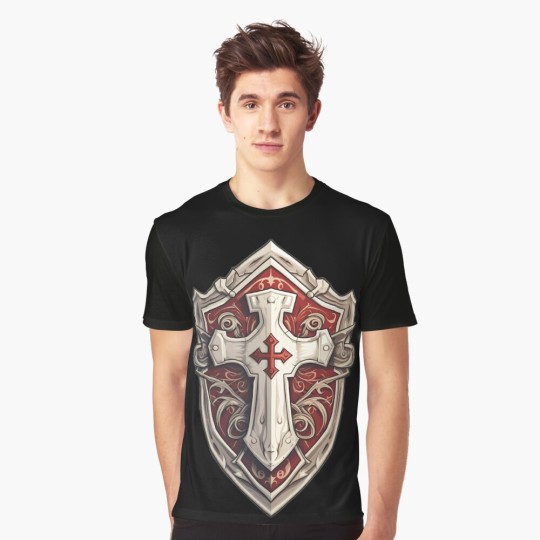
(via Coussin avec l'œuvre « "Le Blason Majestueux" » de l'artiste Art-Vortex-fr)
#findyourthing#redbubble#Blason Majestueux Élégance Héritage Royal Noblesse Grandeur Design Armoiries Style Sophistication Fierté Origines Majesté Héritage Intempore
1 note
·
View note
Note
can you tell us more about gingalain? he seems intriguing but i don't know much about him
I sure can! Here are the texts that center his story.
Le Bel Inconnu (French)
Gilglois (French)
Wigalois: Knight of Fortune’s Wheel by Wirnt von Grafenberg (German)
Carduino (Italian)
Sir Libeaus Desconus (Middle English)
Vidvilt (Yiddish)
His name differs depending on the text (as shown with the titles) but in Le Bel Iconnu [The Fair Unknown] his baptismal name is revealed to be Guinglain; varied spellings of that name appear in other texts so, I'll adjust my spelling accordingly.
Anyway the gist of his origin [most of the time] is that Gawain meets and falls in love with a mysterious woman but has to leave her to return to his duties at King Arthur’s court, only to discover he can no longer return to his lady/wife who lives in an impenetrable Otherworldy bubble. Years go by and their child grows up. The child eventually leaves home in search of his father. He ends up at King Arthur’s court but remains anonymous, so Arthur dubs him “The Fair Unknown,” for he’s handsome and skilled at arms. He goes on adventures with ladies, fighting giants and dragons, eventually revealing to Gawain that he's his son by the fairy/Otherworld lady.
"Guinglain’s" coat of arms in French Le Bel Iconnu is a lion...

In German Wigalois it’s a golden wheel of fortune...


In Middle English Sir Libeaus Desconus it's a griffin...


But when you google the character by name, Guingalain or Gingalain, it's this shield which pops up:

Now it's a pretty badass shield, but where does it come from? It doesn't appear in The Manuscripts and Patronage of Jacques d’Armagnac, where Gawain and his brothers first got their coats of arms. Evidentially this image comes from Le Blason des Armoiries by Jérôme de Bara, published in 1604, from which many knights received their coats of arms including Sagramore, Kay, and Bedivere.
Gawain's son appears in the supporting cast of many other texts. He's called "Gyngolyn" at the end of The Wedding of Sir Gawain and Dame Ragnelle.

And "Gangalayne" shows up again in Le Morte d’Arthur alongside his father, Gawayne, half brothers, Florence and Louel, and uncles, Agrauayne, Gaherys, Mordred, and Gareth.

Sometimes he keeps the title "The Fair Unknown" even after his relation to Gawain is known, as in the 2nd Perceval Continuation.

Some texts develop him into a fully fledged character beyond his origins, such as in the Prose Tristan, where "Giglain" fights Tristan and then reports back to a grieving Isolde that Tristan still lives.

And in the Post-Vulgate, "Guinglain" guards a bridge and challenges any who try to pass, including Galahad, Arthur the Less, and Palamedes.

He also appears in some retellings.
The best example is Gillian Bradshaw's trilogy. He's called "Gwyn" and his parents are Gwalchmai and Elidan. Their romance covers book 1, Hawk of May, then Gwyn is discovered in book 2, Kingdom of Summer, and his paternity revealed to Gwalchmai on Elidan's deathbed in book 3, In Winter's Shadow. These books are fine, but so slow, and started the trend of replacing Lancelot with Bedwyr to keep it more "historical/Welsh," meanwhile Agravain is still a character and Medraut is a bastard of incest and all the Orkney bros are actually Irish. So what was the point of that? I'd rather Lancelot had been there, particularly because Gwyn's death occurs when Bedwyr comes to rescue Gwenhwyfar from her fate and Bedwyr kills him, unarmed, to get her. So it follows the French storyline anyway. I do adore how much everyone loves Gwyn. Afterwards, Cei is acting as lawyer to work out Bedwyr's story against Medraut's, and they have this exchange:

Gwyn was everybody's baby boy. Then Cei describes the extent of Gwalchmai's grief, including having the horse he gifted Gwyn slain and burning all his belongings.

Cei likens it to the grief felt at Agravain's passing. So this is good food for Gawain and family enjoyers, but as I said, not a huge fan of Bedwyr/Lancelot hybrid as Gwyn's murderer.
In Persia Woolley's third book, Guinevere The Legend in Autumn, introduces the character. But she's so unpleasant about her characters of color...


Yeahhhhh. Long story short, Ragnelle is a fey nomad that lives among the animals she herds. She was unable to be made "civilized" and left court, evidentially sending her son "Gingalin" to be fostered by Bertilack, then given to Gawain after his Green Knight quest. There's so much unnecessary emphasis on their skin-tone coupled with the way their culture's framed it's just. Ick. I hate it.
In Howard Pyle's fourth book The Story of the Grail and the Passing of Arthur, "Gingaline" is mentioned in the line up of knights who join Agravaine and Mordred in the ambush of Launcelot and Guinevere. Ironically, he isn't mentioned as Gawaine's son, but his half brothers, Florence and Lovel, are.

Since Ragnelle and Gromer Somer Joure are both present in Pyle's series, I'm going to assume "Gingaline" is Gawaine's son. I know it, in my heart.
Lastly, in The Green Knight (2021) movie, Gawain has an unnamed son who dies in battle. He's Guinglain. To me. If I squint.
So what do I recommend reading? Of the Medieval stuff, the French story Le Bel Iconnu is the origin, so it's a great place to start. The English Sir Libeaus Desconus is short and sweet, with a really great scene of his kinsmen, Gawain, Agravaine, and Ywain, plus friends Lancelot and Perceval, arming him. Yiddish Vidvilt is also fun, it resembles the German Wigalois the most, which is my favorite.
And that's everything I got. As you can see there's a lot of Gawain's son in Medieval stories and not very many in modern ones. I love him! Let's includes him in more stories, shall we? :^)
#arthuriana#arthurian legend#arthurian mythology#arthurian literature#welsh mythology#sir gawain#sir guinglain#sir gingalain#the fair unknown#wigalois#vidvilt#le bel iconnu#gilglois#sir libeaus desconus#quotes#ask#anonymous
154 notes
·
View notes
Text
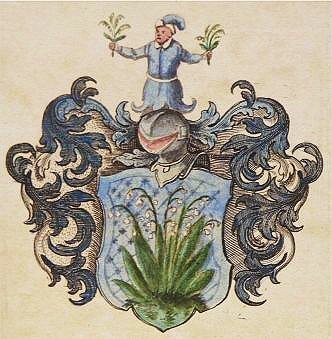
Joyeux 1er mai à tous les passionnés d'héraldique avec les #armoiries parlantes de la famille Meyer
67 notes
·
View notes
Text
Old paper has secrets... if only you shine a light through it
I didn't know old books could get so forensic. The last thing I expected was for them to hold details—images—hidden to the naked eye.

The pronounced vertical lines are chain lines, and the horizontal ones are from the screen from the paper-making process.
And then, if you can make it out, the paper has a watermark which tells you who milled it (and thus where and when), and it's called a watermark because the paper was wet when it was imprinted!
Where the watermark is and the direction of the chain lines (vertical/horizontal) tells you how the paper was folded.
Here's another example from the same book I was looking at:
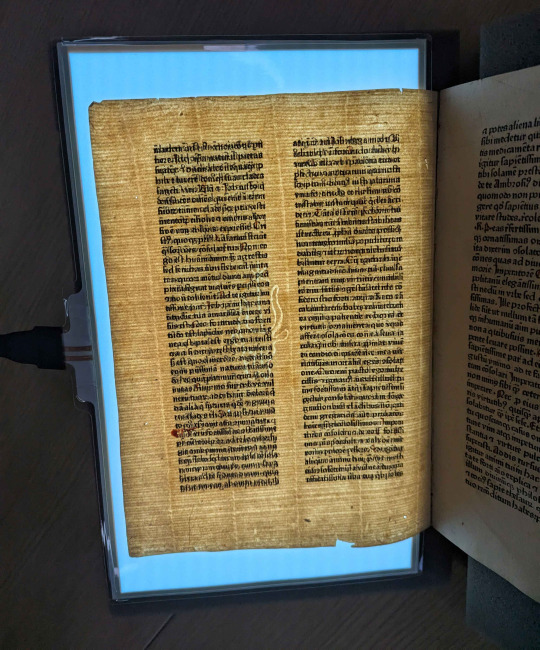
This second image has the book's most repeated watermark, the bull's head. It's in the center of the page with vertical chain lines, so this book is classified as a folio, where each sheet was folded once to make four pages. (Other common folding styles are quarto and octavo.)
We can turn to Charles-Moïse Briquet's Les Filigranes, a multi-volume watermark dictionary. (This is also available on the Internet Archive.)
With a little French, we can find pages that match our watermark. Here we have "Tête de bœuf," which Google Translate says is "Beef head". (It's a bull head.) Then we play a game of spot the difference. The second watermark looks similar to 14183 (of the 4th volume), so for the sake of the exercise, we'll look at that one. The entry contains "Belfort, 1458" or a variation from "Marbourg, 1459".


For the other page, with the crest, I found "Armoiries Bande," or the band version of a coat of arms.
The closest match I found is entry 995 from Vol. 1.

We get dates and locations ranging from 1586-1609 in Strasbourg and the surrounding area. From a quick search of the web, the book specifically has the Strasbourg Bend watermark. Already, we can begin to place where the paper to print the book was sourced from and at about what time, revealing a partial history of the book from just these details hidden in the pages. If I had my own rare books collection, I'd be shining a light through every one, looking at the different watermarks and noting new ones I see in a sort of curator's Pokédex.
#writing#printmaking#rare books#history of books#forensics#cool facts#watermark#light pad#old books#history#curation#book curator#folio#writerscommunity#Les Filigranes#inspiration#printing press#paper mill
15 notes
·
View notes
Text

bureaux d'investigations et unité d'interventions; politique sibylline; ravages intestins; beaux d'en haut ferment les poings d'en bas. au coeur de géhenne, au centre de la ville.

cor confesse leur joug par mille hurlées, filant comme sève sur écorce. suzerain galope ainsi sur parterre fleuri, ces ô abords crachés par une peuplade faussement ravie. ainsi, cohorte se presse au sein d'HARBOR RIDGE, conglomérat de leurs heurts. ils sont marasme justicier, ces floppées de saints armés. HYDRE fabuleuse flaire ainsi méandres nauséeux sur terre vérolée, comme squales en eaux troubles. mais vaine hypocrisie, que pareils intendants s'affublent en armoiries! car BUREAUCRATES se polissent plumage lorsque LÉGIONNAIRES graissent leurs parabellums; chasse à courre l'en fait meute tapageuse. affamée du festin de ses bonnes actions, légion parade; et quelle belle parade, à ainsi s'offrir l'outrance du fier TOUT-PUISSANT.
14 notes
·
View notes
Text

Le drapeau de l'UE a été retiré de la salle de cérémonie de la résidence présidentielle géorgienne.
Désormais, comme l'exige le protocole, seuls le drapeau de l'État et l'étendard présidentiel avec les armoiries du pays demeurent dans la conception officielle.
2 notes
·
View notes
Photo
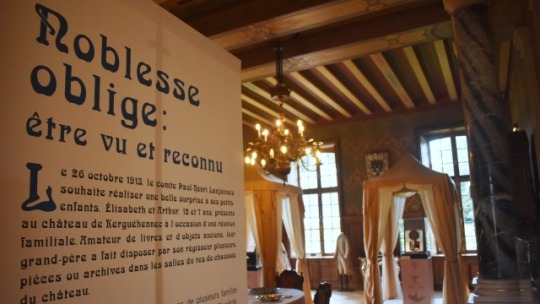
EXPOSITION | Noblesse oblige : être vu et reconnu ➽ https://bit.ly/Exposition-Noblesse-Oblige Symboles de pouvoir et d’affirmation sociale, les armoiries de familles nobles sont très présentes dans les manoirs et les châteaux mais également sur les objets d’art et du quotidien. Découvrez ces usages à travers l’exposition d’objets des XVIIIe et XIXe siècles, issus essentiellement de collections privées morbihannaises et dévoilées pour la première fois
#exposition#noblesse#oblige#symboles#pouvoir#affirmation#sociale#armoiries#familles#nobles#manoirs#châteaux#objets#art
3 notes
·
View notes
Text
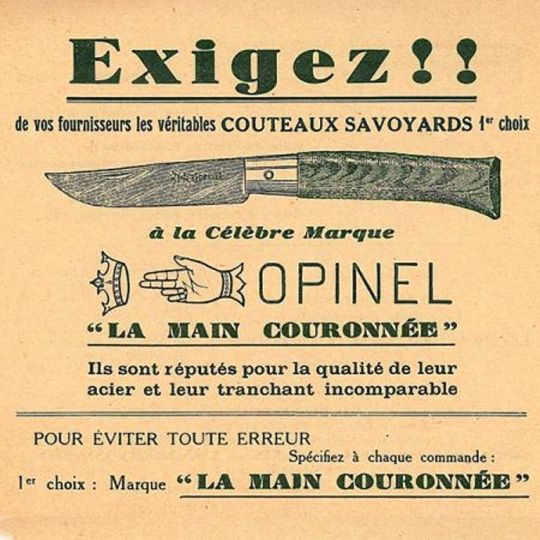
En 1565 le roi de France Charles IX ordonne que chaque maître coutelier appose un emblème sur ses fabrications pour en garantir l’origine et la qualité. En 1909, respectant cette tradition, Joseph Opinel choisit pour emblème La Main Couronnée. La main bénissante est celle de Saint Jean-Baptiste figurant sur les armoiries de Saint-Jean-de-Maurienne, la ville la plus proche d’Albiez-le-Vieux, berceau de la famille Opinel. Joseph Opinel ajoute une couronne pour rappeler que la Savoie était un duché. Depuis, toutes les lames des couteaux et outils Opinel sont poinçonnées de La Main Couronnée.
33 notes
·
View notes
